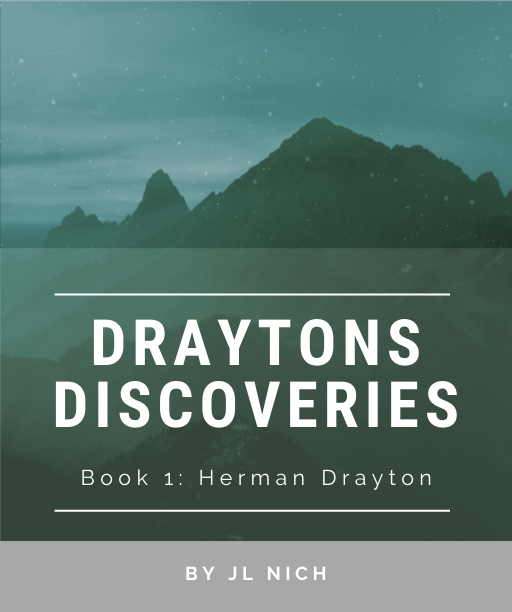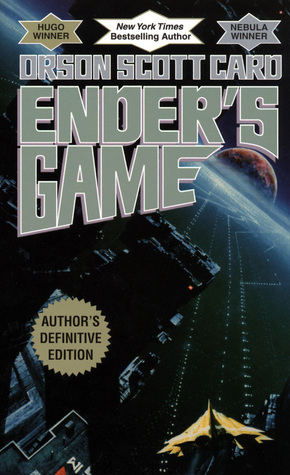Space Opera Plot Twists:
Keeping Readers on the Edge of Their Seats
A Space Opera novel is a subgenre of science fiction that unfolds on a grand scale across a vast, intergalactic stage. It typically features epic space battles, intricate political intrigue, diverse alien species, advanced technology, and charismatic heroes and heroines. These stories often explore themes of heroism, destiny, and the clash of civilizations in a futuristic setting. At its core, a Space Opera is a thrilling and imaginative adventure that transports readers to the farthest reaches of the universe, where anything is possible.
In the boundless expanse of science fiction literature, the Space Opera subgenre reaches for the stars and crafts tales as vast as the cosmos itself. From epic battles among the galaxies to the intimate struggles of characters amidst interstellar politics, space opera novels offer a thrilling blend of high-stakes adventure and imaginative storytelling. If you’ve ever dreamed of crafting your cosmic odyssey, you’re in the right place. In this blog, we’ll explore the tips and tricks to help you navigate the universe of space opera writing. So, fasten your seatbelts, engage your hyperdrive, and prepare to embark on a journey through the cosmos of creativity.
There are five areas of importance in crafting a Space Opera novel that cannot be ignored:
- World-Building: The writer needs to develop a rich and expansive universe that includes diverse planets, star systems, cultures, and species. Perhaps a current example might be Ant-Man’s Quantum Realm. The realm is vast and endless, yet Ant-Man enters and explores its giant world-building. You must consider the history, politics, technology, ecosystems, and social structures of your world. World-building is a cornerstone of space opera, so pay attention to the intricate details that make your universe come alive.
- Characterization: The need to create compelling and multi-dimensional characters, both human and alien, with unique personalities, motivations, and conflicts is a must to allow the reader to immerse themselves in the world-building. Specific creatures, aliens, and villains are sometimes more enjoyable than the MC during a battle or dramatic moment. Think of Frank Herbert’s worms, or the “Buggers” in Ender’s Game by Orson Scott Card. In my novel Drayton’s Discoveries, I’ve created a character named Folki who is a Lokan, a highly intelligent water species.
Here is a brief moment in the novel when Folki regains her water.
Folki slid into the water tank with relief etched in every pore of her dry skin. The thirst her body craved was met as she submerged within the three-meter-deep tube. As a Lokan, she lived most of her childhood underwater in the depths of one of the small Crion lakes of the southern continent on her home planet Loki. If asked she would calmly repeat what her mother said so often, ‘warm water soaks the soul’.
Her large round eyes remained open beneath the fluid and the cilia near her eyelids fluttered with the pool’s light pressure current circulating within the space. She blinked and cleared the tiny bubbles drifting upward.
It was not her home pool, but it could regen her fluid levels easily. Just an hour dip in the morning and evening refreshed her whole form. Since her species was primarily aquatic she relaxed and let her invertebrate form spread and fill resembling a large thick blanket stuffed into the water. Her body filled with captured air, and she squeezed some out to sink lower. She let her extra tentacles drift and the two lower tentacles swayed slowly left and right to keep her floating.
Hopefully, the reader can connect with your characters and their journeys the more you allow your imagination to spread into the layers of the novel. As I navigated the complexities of the space opera setting, I was able to craft more and more scenes to expand the world I was creating. Be on the lookout for Drayton’s Discovery this year.

Draytons Discoveries
By JL NICH
- Plot and Conflict: A writer must craft an epic and high-stakes plot that often involves galactic conflicts, power struggles, and larger-than-life challenges. The central conflict should be engaging and drive the narrative forward, while subplots add depth and complexity to the story.
- Technology and Science: Writers have to establish consistent rules for the technology and science in your universe, including futuristic gadgets, spaceships, and advanced scientific concepts. Ensure that these elements are integral to the plot and enhance the sense of wonder in your story. If you have robots–What kind? How do they communicate? What do they look like? How do they function in your world? (Think of the variety of Star Wars robots that you’ve seen).
- Themes and Philosophy: Space operas often explore philosophical and moral themes such as the nature of humanity, the consequences of power, and the search for meaning in a vast universe. Consider the overarching themes you want to convey and how they relate to the characters and plot. Examples of Theme and philosophy can be found in Dune by Frank Herbert as it examines the consequences of absolute power, the ethics of environmental stewardship, and the impact of religious and political manipulation on individuals and societies.
As we conclude our discussion through the intricacies of space opera writing, remember that the universe you create is as boundless as your imagination. The cosmos is your canvas, and the characters, worlds, and stories are your brushstrokes. Embrace the challenge of balancing complex world-building with compelling characters and let the inexhaustible wonder of the universe be your guide. There are no limits to the stories you can tell. So, fellow cosmic scribes, go forth, explore the stars, and write your own interstellar epics that will captivate readers and transport them to realms beyond the horizon of our world. May your literary galaxies shine brightly.
I also want to give a quick shout-out to PLOTTR software which is very intuitive. My new favorite writing aid. This plotting software is da bomb. Use any of my affiliate links below and I might get a small commission. Thanks.
Check out my Youtube channel for PLOTTR videos @jlnichauthorsff
Joseph Michael’s Learn Scrivener Fast e-course
Please read and review my serial publishing novel, Sparrow’s Legacy, on Kindle Vella. You can read the first three chapters free on Amazon by searching for “Sparrows Legacy Kindle Vella” or clicking here. I. Please subscribe to my website if you want to be notified when I’ll be publishing or to get free samples of my work.
JLNich, Science Fiction Fantasy Author


